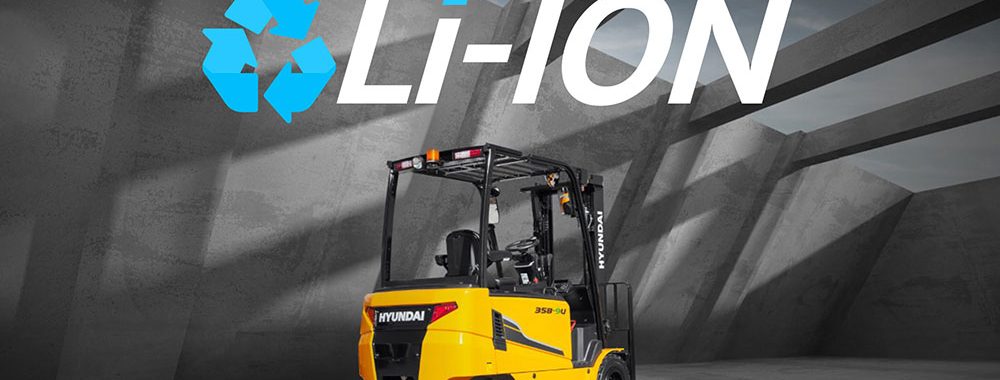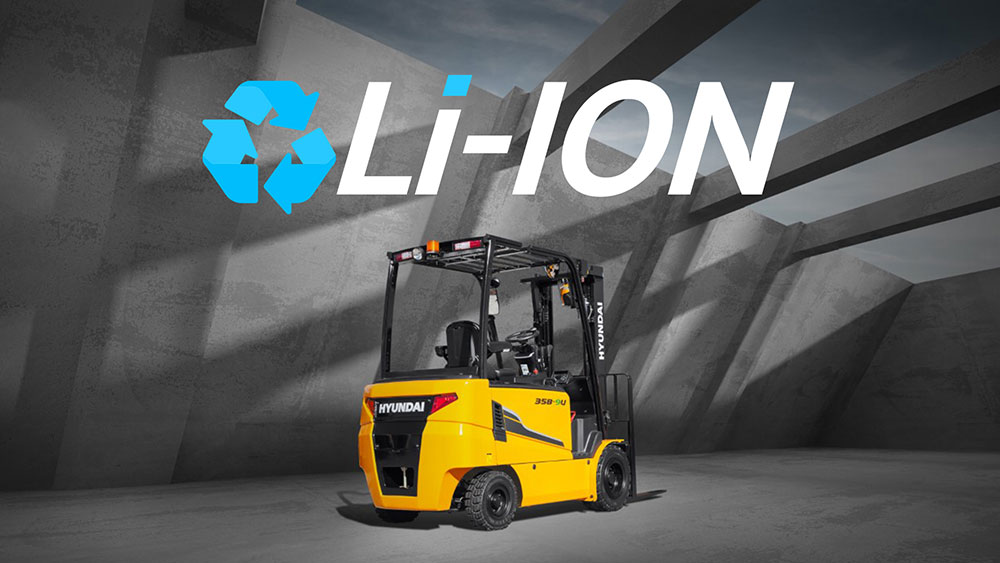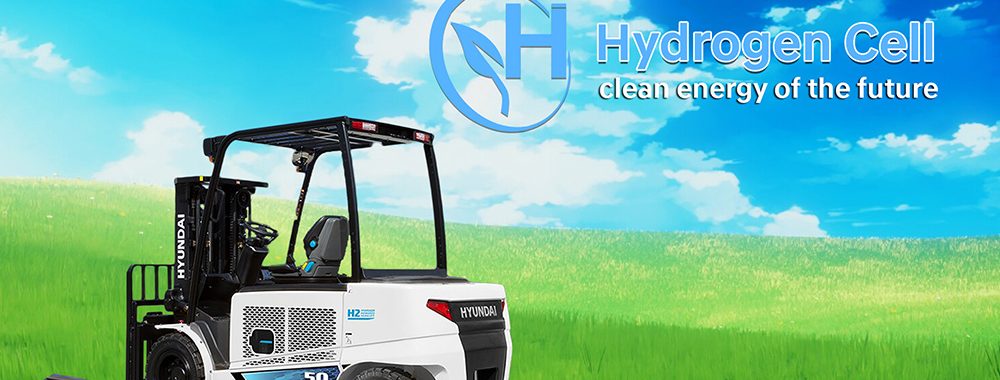Hyundai Construction Equipment, a construction equipment maker subsidiary of Hyundai Heavy Industries Co., has make its agreement with Amazon Web Services to develop a fault diagnosis module that aims to combine artificial intelligence and modern technology to gather and analyze real-time data to accurately detect abnormalities with machine learning technology.
“We will increase customer satisfaction by introducing AI technology developed with AWS to construction equipment to minimize diagnosis and repair time and provide cutting-edge services that maximize equipment availability,” said HCE’s R&D department head Yoon Young-cheol. The company would commercialize voice recognition equipment control functions through cooperation with AWS and enhance safety functions using AIoT modules.
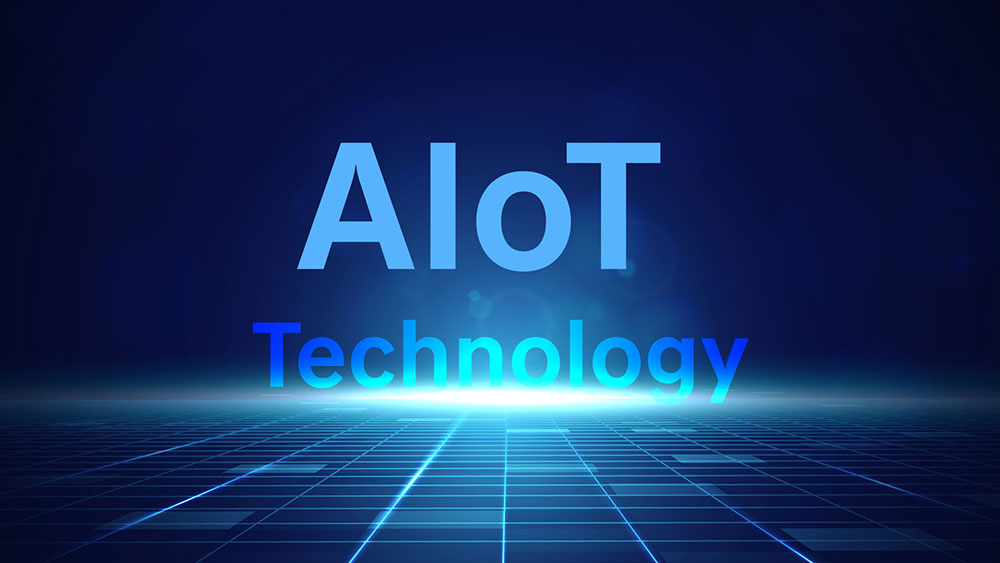
Hyundai Construction Equipment (HCE) said the AIoT technology can determine the type of failure with accumulated data and recommend parts necessary for repair. Engineers can remotely determine the situation and take action on the site. Construction equipment withstands heavy working loads for a long time, and it is difficult to detect defects only with sensors and pre-symptoms, so unexpected failures may occur. HCE has worked with Amazon Web Services to develop AI-based smart construction equipment.
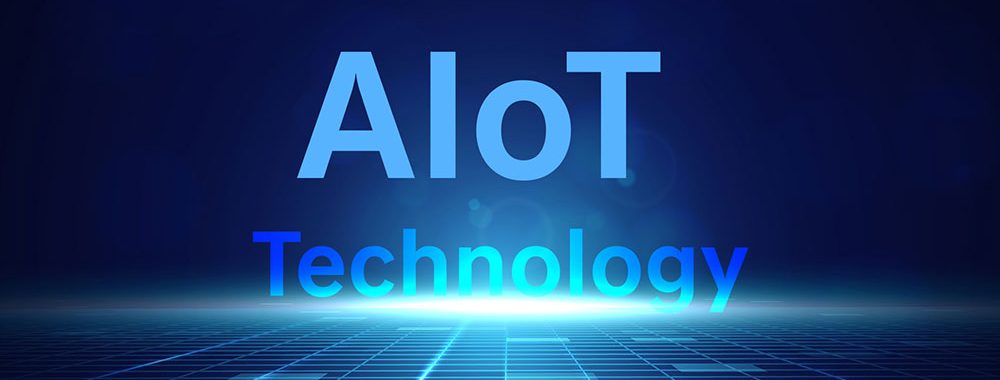
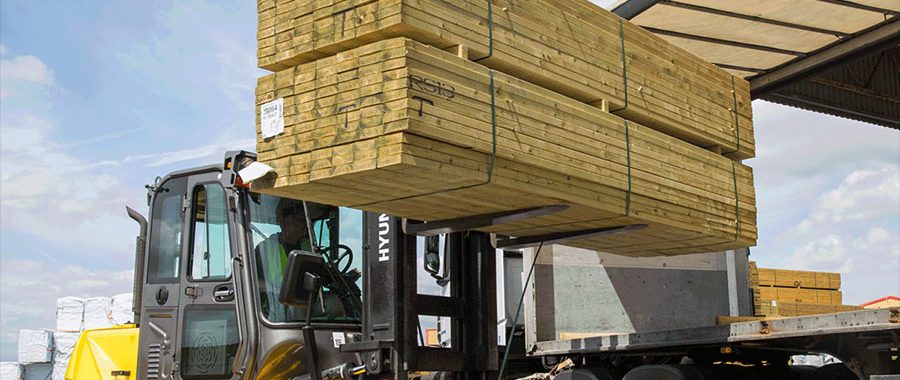
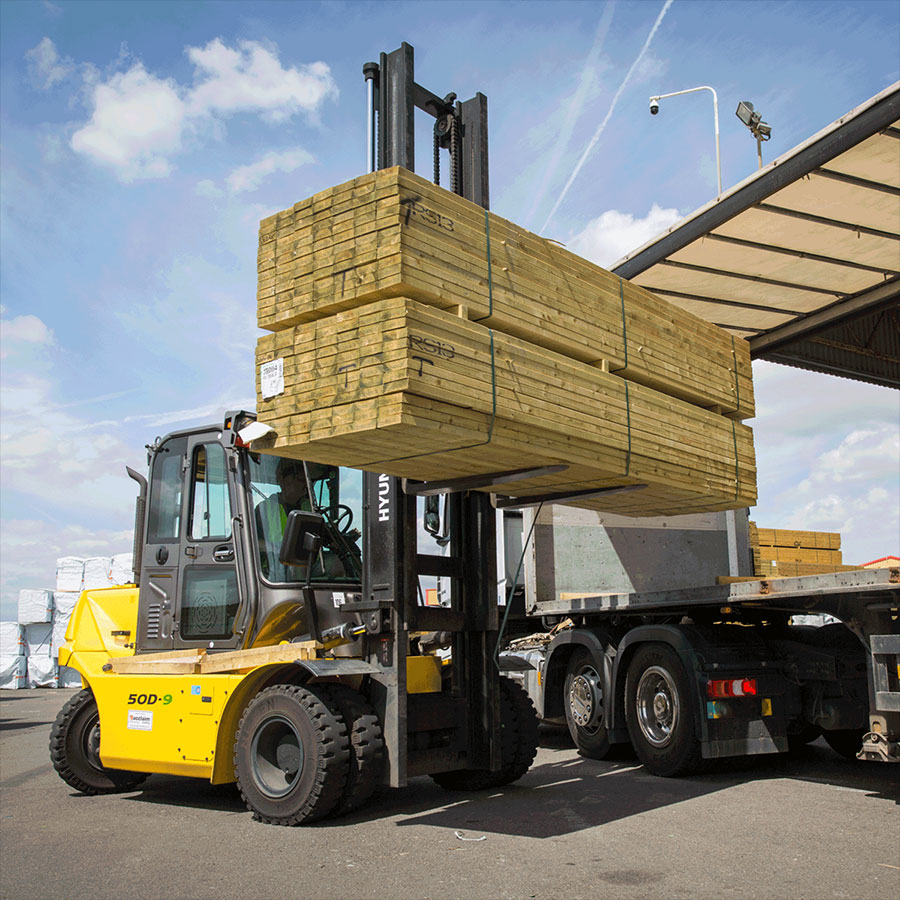
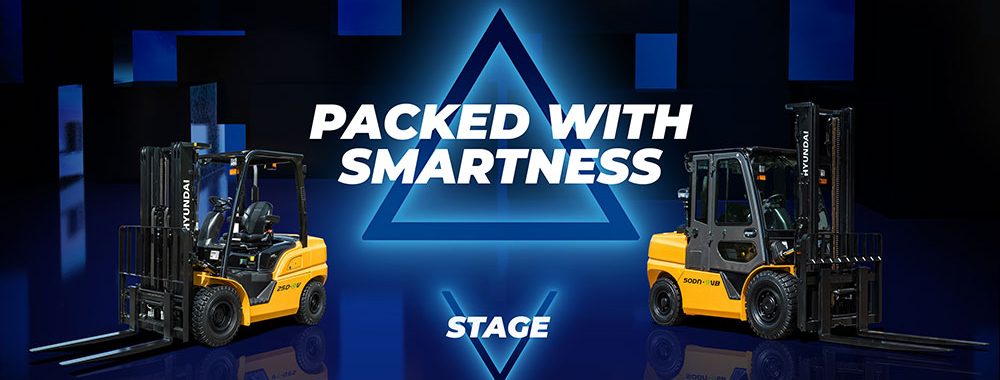
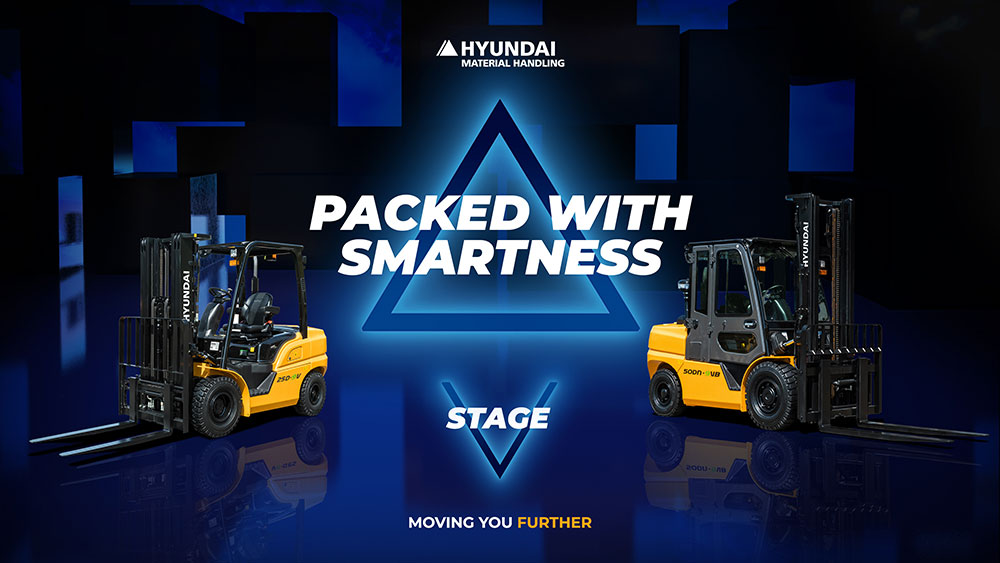
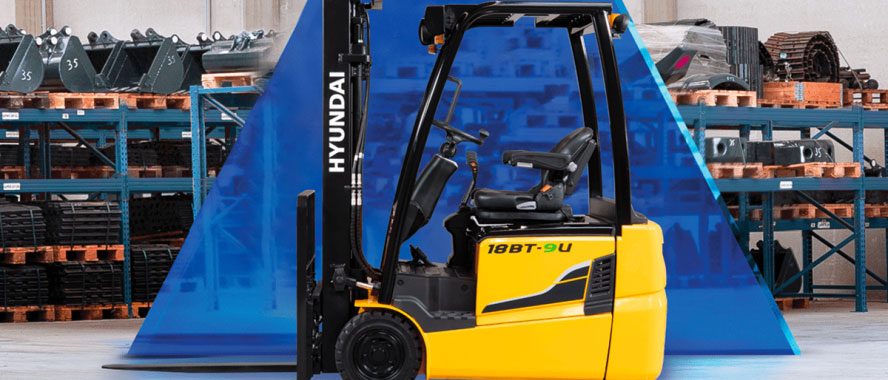
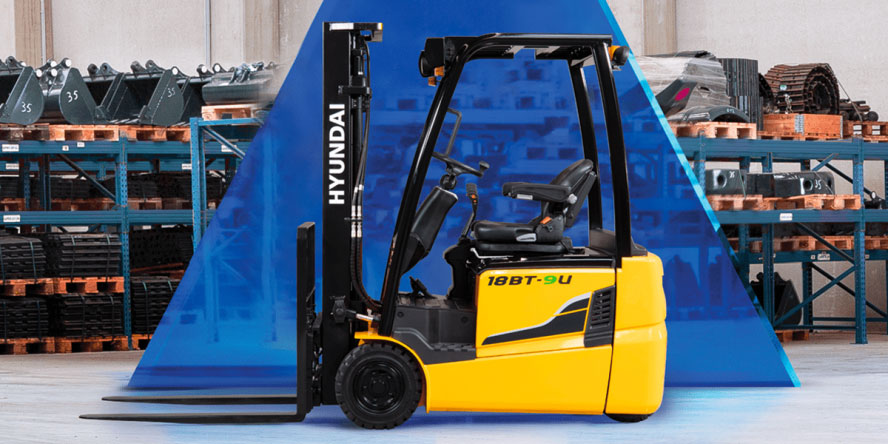
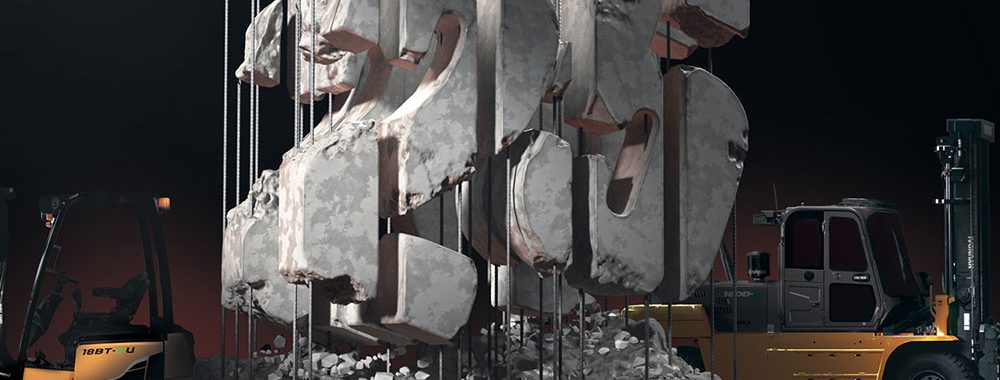
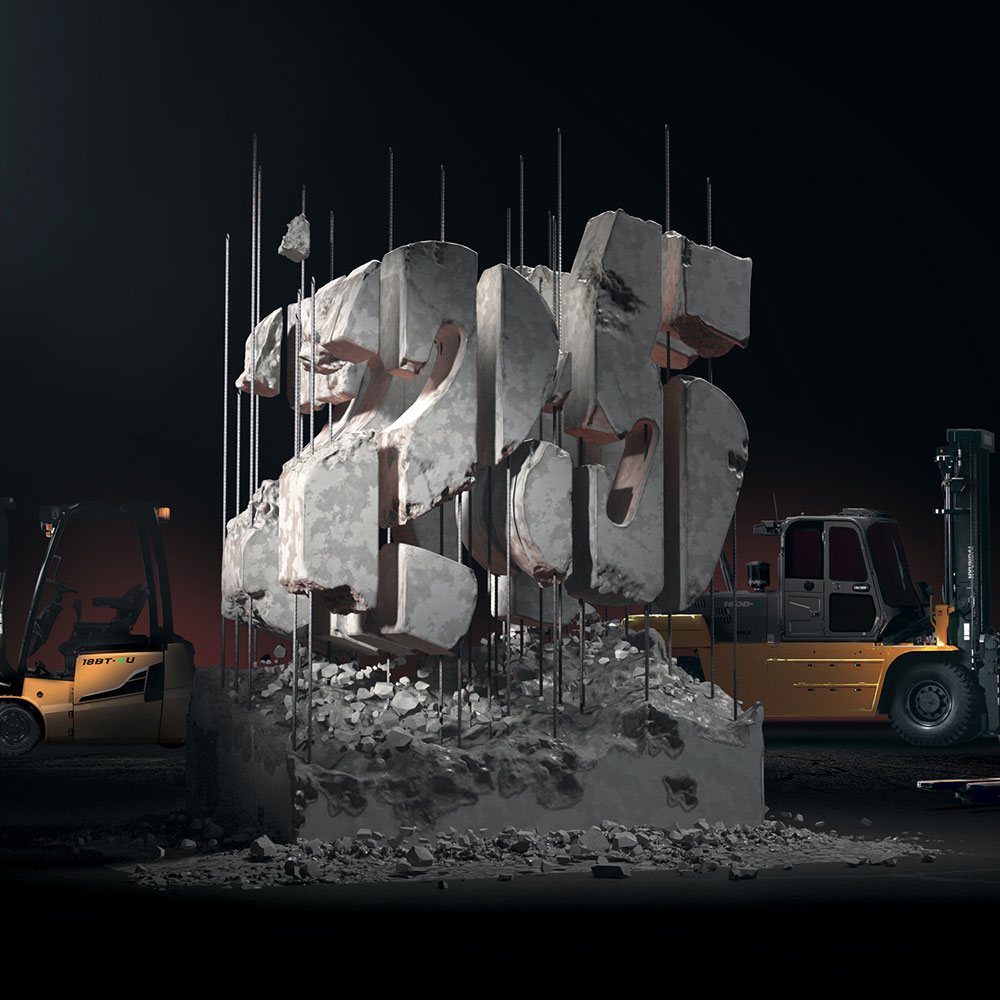 Tessenderlo, Belgium, 7th of February 2020 – HCEE (Hyundai Construction Equipment Europe) celebrates 25 years in Europe. After making its European debut in Geel (province of Antwerp, Belgium) in 1995 the company is now located in a new state-of-the-art European headquarters in Tessenderlo (province of Limburg, Belgium).
Tessenderlo, Belgium, 7th of February 2020 – HCEE (Hyundai Construction Equipment Europe) celebrates 25 years in Europe. After making its European debut in Geel (province of Antwerp, Belgium) in 1995 the company is now located in a new state-of-the-art European headquarters in Tessenderlo (province of Limburg, Belgium).